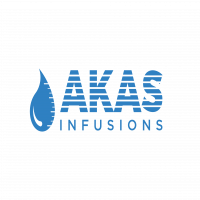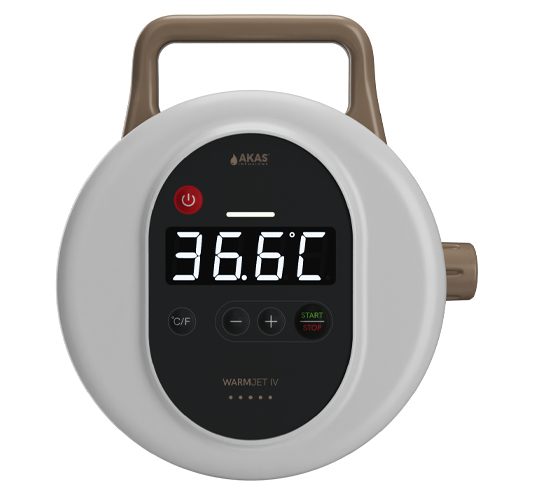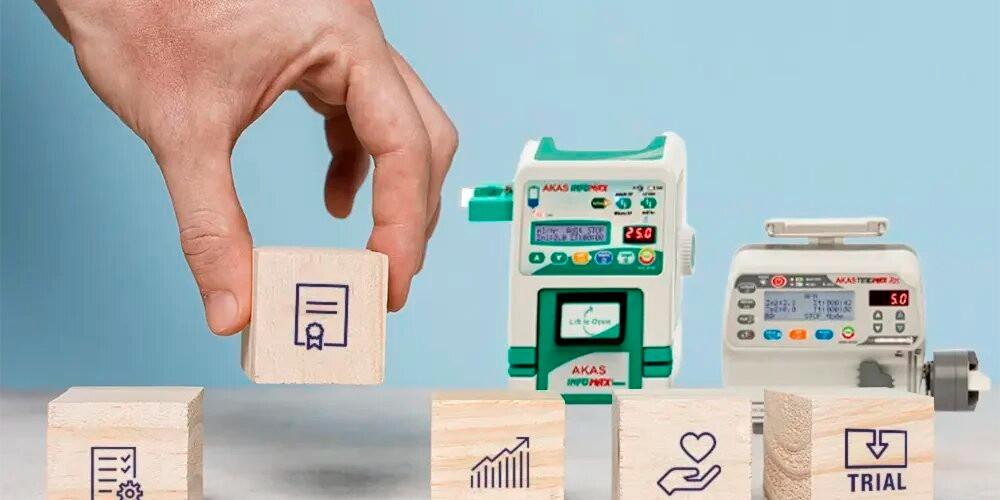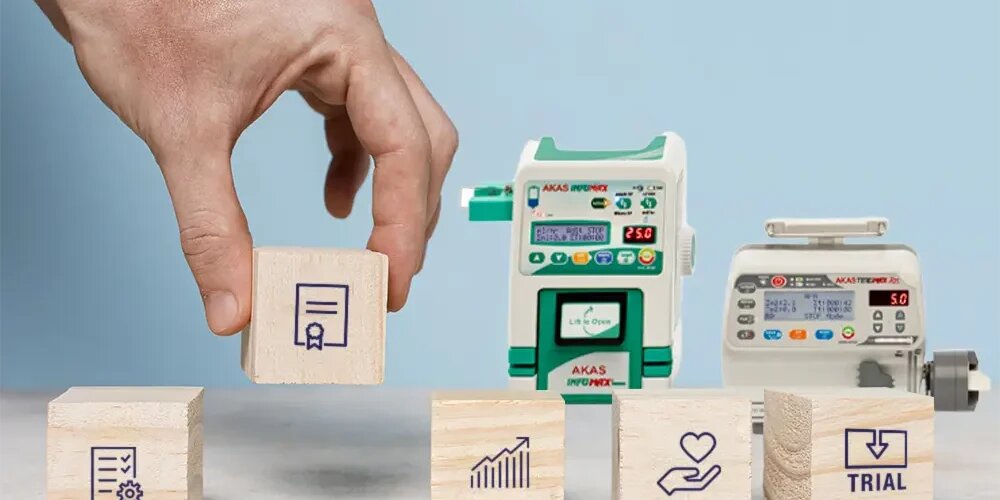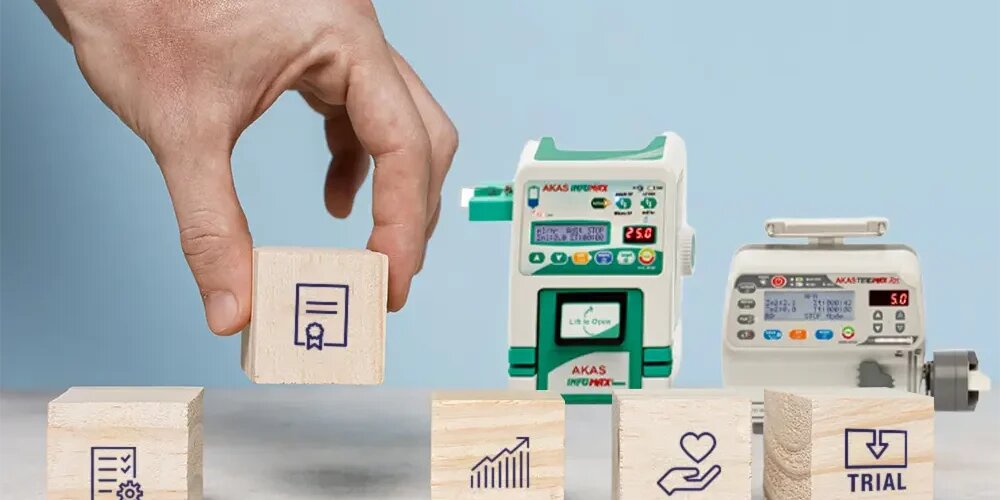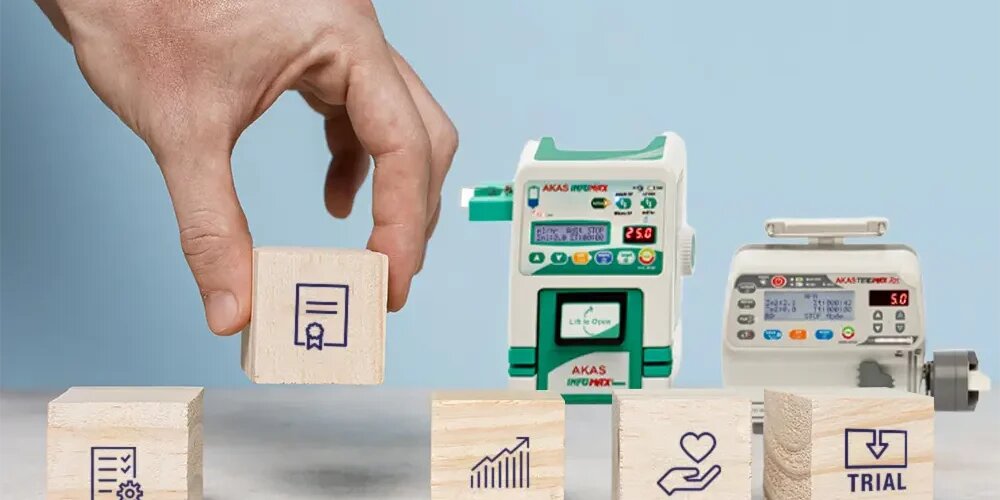How Infusion Pump Data Drives Predictive Healthcare Management
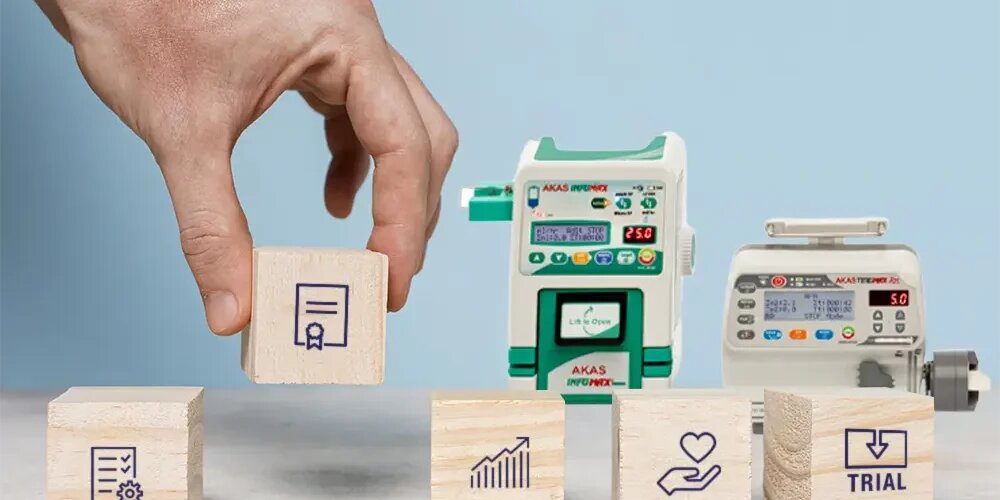
Strong 8k brings an ultra-HD IPTV experience to your living room and your pocket.
In modern healthcare, data has become a vital resource for improving patient outcomes and streamlining hospital operations. Among the many technologies contributing to this transformation, the infusion pump stands out as a critical device that not only administers precise medication but also generates valuable data. This data, when properly harnessed, supports predictive healthcare management—helping hospitals anticipate needs, reduce risks, and provide more personalised care.
Understanding the Role of Infusion Pumps in Data Collection
Infusion pumps deliver fluids, medications, and nutrients in a controlled manner to patients. Beyond their primary function, these devices record detailed information such as flow rates, dosage accuracy, alarm triggers, and patient responses.
This continuous data capture enables healthcare teams to monitor treatment progress in real time.
It also helps in detecting deviations or irregularities early, allowing timely clinical interventions.
The comprehensive nature of infusion pump data lays a foundation for robust analytics and decision-making.
Enhancing Patient Safety Through Predictive Analytics
Patient safety is paramount in hospital settings. Infusion pump data plays a crucial role in minimising medication errors and adverse events by:
Providing alerts about potential overdosing or underdosing situations.
Allowing trend analysis that identifies patterns pointing to patient deterioration.
Supporting predictive models that forecast complications before they fully develop.
Hospitals can thus move from reactive care to proactive management, reducing emergency interventions and improving recovery times.
Optimising Clinical Workflows and Resource Allocation
Data from infusion pumps extends beyond individual patient care. It offers valuable insights into broader clinical workflows and resource management:
Monitoring pump usage patterns helps administrators allocate devices where demand is highest.
Predictive insights allow for better scheduling of staff and reduction of downtime.
Maintenance needs can be anticipated by analysing device performance data, preventing unexpected failures.
Such optimisation improves hospital efficiency and supports sustainable healthcare delivery.
Supporting Personalised Medicine with Detailed Data
Healthcare is increasingly shifting towards personalised treatment plans. Infusion pump data contributes by:
Allowing customised dosing regimens based on individual patient responses.
Facilitating adjustments in therapy through continuous feedback loops.
Enabling clinicians to compare outcomes and refine protocols for better results.
This data-driven approach ensures that patients receive exactly what they need, improving efficacy and comfort.
Integrating Infusion Pump Data with Hospital Information Systems
For predictive healthcare management to be effective, infusion pump data must seamlessly integrate with other hospital systems:
Linking with electronic medical records (EMRs) creates a comprehensive patient profile.
Data interoperability allows multidisciplinary teams to collaborate more effectively.
Advanced analytics platforms can combine data from multiple devices for holistic insights.
Such integration empowers healthcare providers to make informed decisions faster and with greater confidence.
Challenges and Considerations in Using Infusion Pump Data
While the benefits are significant, hospitals must navigate challenges to fully leverage infusion pump data:
Ensuring data accuracy and completeness is essential for reliable predictions.
Protecting patient privacy and complying with regulatory standards must be a priority.
Training staff to interpret and act on data insights promotes a culture of continuous improvement.
Addressing these factors strengthens trust in predictive systems and enhances their impact on care quality.
The Future of Predictive Healthcare Management with Infusion Pumps
As technology advances, infusion pumps are becoming smarter and more connected:
Artificial intelligence (AI) and machine learning algorithms will enhance predictive capabilities.
Remote monitoring and wireless connectivity will enable real-time management across care settings.
Customisable software updates will adapt pumps to evolving clinical needs.
These innovations promise a future where data-driven care is accessible, accurate, and personalised.
Conclusion
Harnessing infusion pump data is transforming healthcare from reactive treatment to predictive management. This shift improves patient safety, optimises hospital workflows, and supports personalised medicine. Selecting the right infusion pump manufacturer is crucial to accessing reliable, data-rich devices that integrate smoothly with hospital systems.
Akas Infusion stands out as a trusted manufacturer of world-class drug delivery devices, including volumetric pumps, dedicated to advancing healthcare with precision and reliability. Partnering with such manufacturers ensures hospitals receive the quality infusion technology necessary to drive predictive healthcare management and elevate patient care.
Note: IndiBlogHub features both user-submitted and editorial content. We do not verify third-party contributions. Read our Disclaimer and Privacy Policyfor details.

